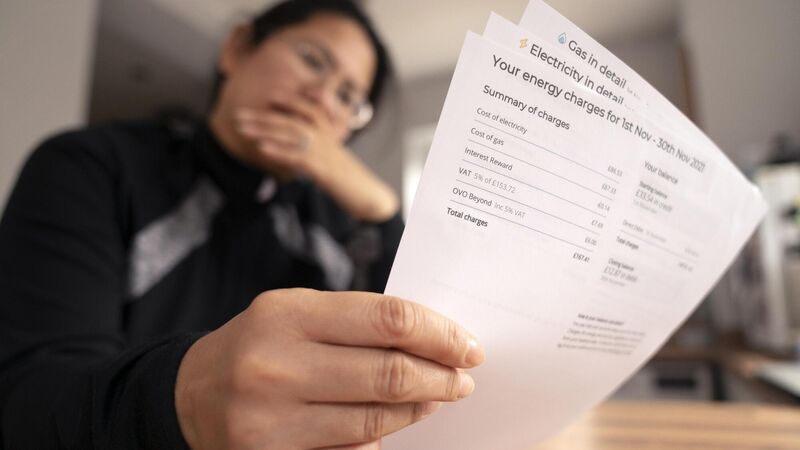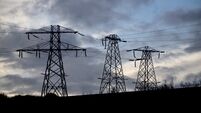Anticipated €2bn package to tackle costs likely to increase, says expert

Germany recently announced a €65bn package to help tackle soaring costs despite reports that the country is on the brink of a recession.
The estimated €2bn package of once-off measure to combat the cost-of-living crisis expected in the upcoming budget is likely to "go up", a leading economist has said.
Chris Johns, former chief economist with Bank of Ireland, said that this year’s budget is “about survival” and suggested the government need to spend rather than save in certain areas.














